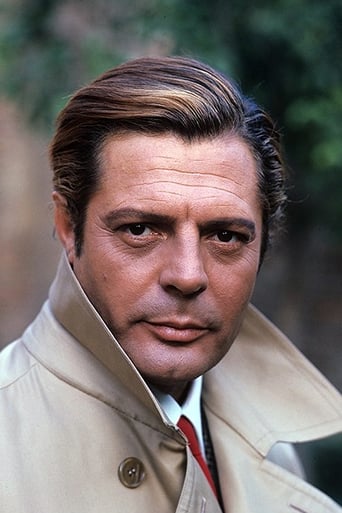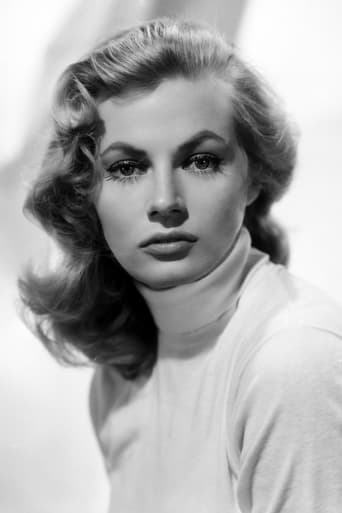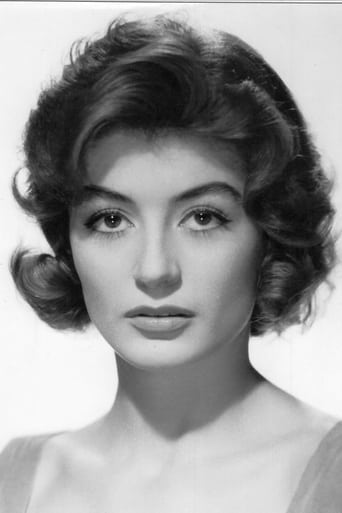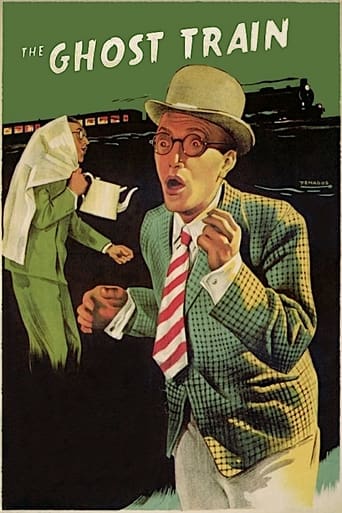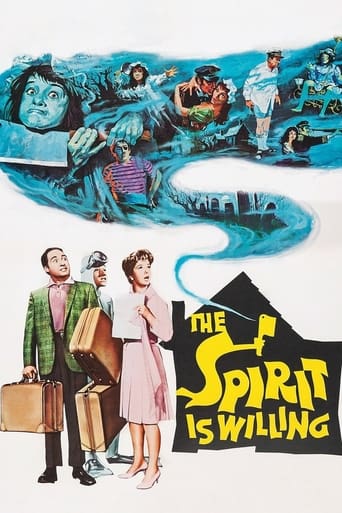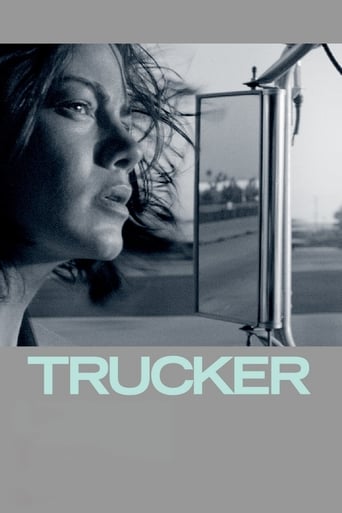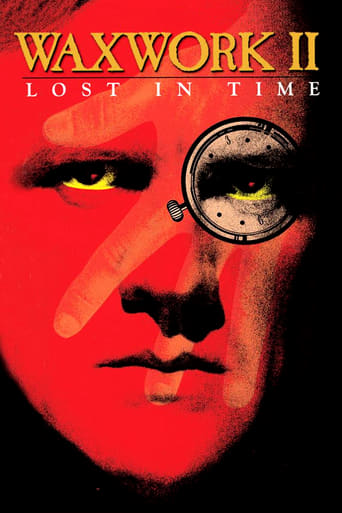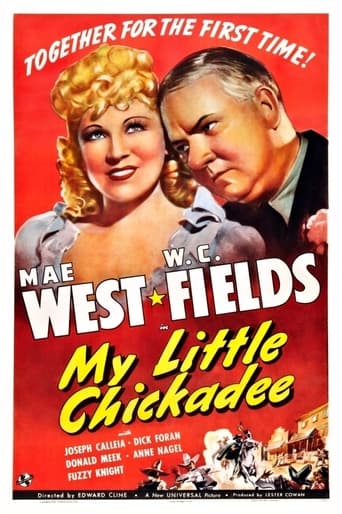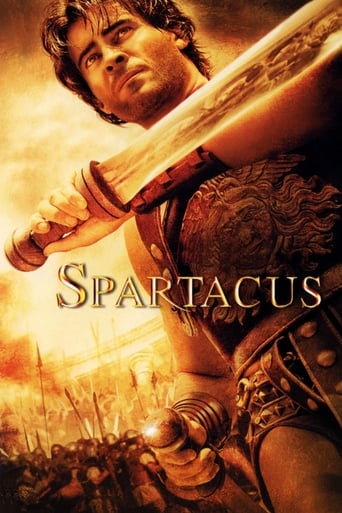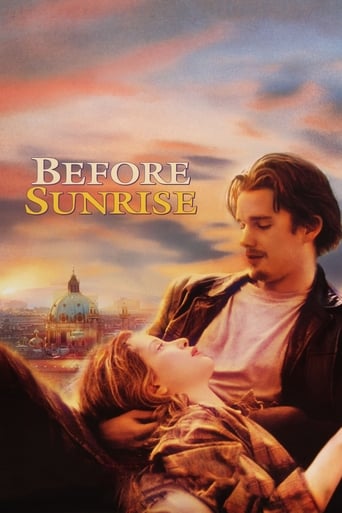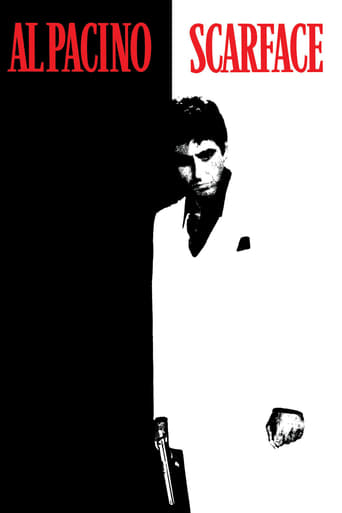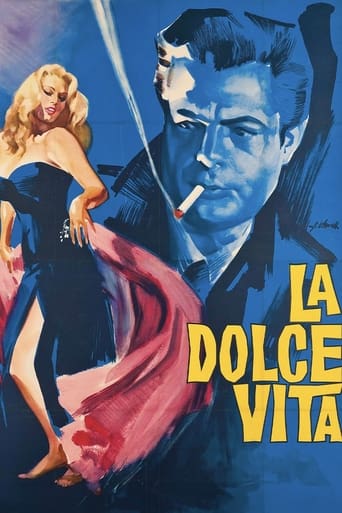

La Dolce Vita (1961)
Episodic journey of journalist Marcello who struggles to find his place in the world, torn between the allure of Rome's elite social scene and the stifling domesticity offered by his girlfriend, all the while searching for a way to become a serious writer.
Watch Trailer
Cast


Similar titles
Reviews
So much average
This movie was so-so. It had it's moments, but wasn't the greatest.
While it is a pity that the story wasn't told with more visual finesse, this is trivial compared to our real-world problems. It takes a good movie to put that into perspective.
Like the great film, it's made with a great deal of visible affection both in front of and behind the camera.
Federico Fellini bombards the viewer with one surreal composition after the next in this relentlessly acerbic look at a modern day Decline of the Roman Empire. Dark, cynical, comic and lengthy (nearly 3 hours) maestro Fellini perhaps asks too much of the audience to hang with such an unctuous crowd for so long but his impeccable display of film language and imagery over the course of the film has more than enough visual awe to supplant the constant presence of indecorous bores. In La Dolce Vita we follow hack reporter Marcello (Marcello Mastroianni) who makes his living prowling the via Veneto seeking out gossip and scandal. Sometimes a small coterie of photogs follow him like vultures in search of disaster to pick over the victims. It's an unseemly business but it pays the bills for Marcello who once harbored higher aspirations as a writer. When he meets with a former mentor (Alain Cuny) his desire to be a serious writer becomes re-kindled if only briefly.As Marcello, Mastroianni is slimily outstanding as he snakes about for gossip and tomcat's non-stop, even after his live in attempts suicide. Still he manages to convey a good deal of his own vulnerability making a fool of himself twice while professing his love for a vivacious (Anita Ekberg) Hollywood star in The Trevi Fountain and to a wealthy nymphomaniac that was easily distracted. Misogynistic, abusive, corrupt; albeit with a brief tender familial attachment to his visiting father (Annabille Ninchi), his self hating surrender to the"sweet" life during the film's powerful finale makes no attempt to exonerate but it does allow for a moment's sympathy. La Dolce Vita's episodic structure covers a lot of ground as Fellini eviserates among others, decadent aristocracy, bloodsucking media, church, intellectual pomposity, commercialism and nostalgia for Fascism. Achieving it by way of minimal dialogue, clever juxtaposing and devastating caricature the film offers up as many bravura visuals as you will find in any of his other works. The problem is our hero is a heel and the crowd he runs with an unpleasant self absorbed lot one would have trouble spending ten minutes with, never mind three hours. La Dolce Vita is however a breathtaking ordeal.
Most films are usually filled with scenes that have some kind of relevance to the plot and the main theme of the film. Unfortunately, La Dolce Vita does not. First off, the good part about the film was that it was ofcourse wonderfully shot. Modern day Rome has never looked better due to the excellent black and white cinematography. It captures the sleaze and the filth of the place like no other since Sweet Smell of Succes did so for New York.The bad part is unfortunately that there is no story to speak of. Halfway in the movie you keep witnessing it going from scene to scene from characters to characters out of nowhere and you wonder how this is at all connected to the main picture? Our main character, Marcello Rubini is ofcourse well played by Marcello Mastroianni, but his character is immoral and selfish and this does not change over the course of the film. He goes to a family, some people seeking ghosts, parties, miracles, spends time with his dad and a lot of other things that are not related in any way. This causes the film to create new characters and abandon just established ones all the time. It just doesn't work. The only reasonably interesting character is probably Steiner, yet unfortunately with his storyline very little is done once again.Some people claim La Dolce Vita has depth. But what kind of depth is there to a series of non related events? I think one needs to have a very big imagination to see any kind of psychological depth in this film, because it didn't have any. Not to mention the obnoxious loud weather noises constantly being a pain to the ears. I am not particularly a big fan of for example Andrei Tarkovsky and his way of filmmaking without any kind of storytelling ( Usually ) yet i can see the depth and the art in his pictures, but in this Fellini flick, it just isn't there, except for the stylish way it was filmed in.In the end it is about a bunch of events that are not related to the main plot and there is just no character development in all these immoral characters whatsoever. Stylish, but devoid of a real story.
Fellini manages to put together in "La Doce Vita" an impeccable feat. It suggests in parallel and through the fable, a trajectory of the journalist Marcello Rubini that unites and builds the story at the same time, does not present and does not pretend to be a concise narrative. A film structured from the perspective of a chronicler of life, with reflections, criticisms and comments elaborated through a poetic language, where Fellini wisely uses the symbolism, and presents clear references to German expressionism and "noir" cinema.In the credits that begin this work realized in 1960, already deserves attention the group responsible for the script, besides Federico Fellini himself who directed and co-written "La Dolce Vita", there are expressive names in the construction and expressivity of the Italian cinematography, such as: Ennio Flaiano, Tullio Pinelli, Brunello Rondi and Pier Paolo Pasolini. Told with such a diverse group of writers who were also thinkers, critics, directors, philosophers, teachers and journalists, the option of dividing the film in a prologue, seven episodes with subdivisions, and an epilogue becomes more noticeable.By accompanying for seven days and nights the trajectory of Marcello Rubini (played by the excellent Marcello Mastroianni), a celebrity journalist living in Rome who self-questions his craft and his life, mainly because he does not have the sensation of happiness , Nor so much of realization, who both (life and profession), projected or promised. So we have a protagonist who is basically driven by emptiness and the search to fill it, moreover, his search is crossed by the contact with several people, who basically only express the same feeling of Marcello, and when we have a figure of apparently life full , So we can visualize the facade of this appearance, as in the life of the millionaire, father and intellectual Steiner (Alain Cuny), a figure at first glance enviable, but who intimately lives under the despair and anguish of not being able to stand out, produce and Keep yourself in the position and level that arouses such admiration.This deceiving tone is very well represented in the various performances, as well as in the work of art direction and costume, which have in common the dimension of openness artificial and that tries to veil reality, as in large houses and even castles with beautiful facades, But inside that are real ruins, such as the very identity of its owners, who hide in makeup, lights and costumes of external and fragile beauty in the face of the decadent interiority of these people, this difference of exterior and interior was a stimulating motor for the Creation of Fellini, since the dress worn by the ladies of that time, whose fashion was dressed in bag style or "dress bag", aroused the curiosity of the director by its frame that can present and pretend the body, and a very beautiful woman, But it can also hide a skeletal being of misery and loneliness. Something that we can identify as common to all the characters, always attached to a beautiful façade, highlighting the character of Marcello Rubini in another majestic work of Marcello Mastroianni, who can establish very well the subtleties and dramatic curve of the character, As well as the clear trace of graphic oscillations of a life that oscillates in times of peaks of a doubtful origin of both happiness and anguish and sadness.Curiously, the figure of the photographers of celebrities, that later and because of this film, happened to be called worldwide of "paparazzi", due to the personage "Paparazzo", interpreted by Walter Santesso, in fact, this group of photographers of the film, seem more occupy A position of parasite of the life of others, there are no reflections on their work, so little about their attitudes, only reveal themselves in the thirsty desire to invade the privacy of others and get the best photo, the best moment that arouses the curiosity of the public that will consume The printed or television newspapers, something that as a public of "La Doce Vita", we are in part, equal, since we are placed in a point of view that tries to deepen in the curiosity of those lives, and by the cutback realized by Fellini , Since in this film, his approach is dimensioned in the lives of a class in position and much more favorable condition, compared with the common life, even the photographer M Arcello Rubini, is in an economically privileged situation, which often appears to be a crisis that oscillates between the discourse of a privileged class who experiences dull moments in having their lives as material of interest by placing them in a model place or Another crisis of the age of the journalist in dreams and promises of life as a young man, and now, at maturity, they are unreachable. With this we have in the proposal made by Fellini, the registration and the use of a (privileged) form, which confuses and generates moments that makes his speech unfeasible.Having only this caveat, "La Dolce Vita" is a timeless film, of pertinent considerations to contemporary life and a flawless style narrative, which are true legacies for the history of world cinema, and that will be for generations, like forgetting the Famous scene in which Marcello Mastroianni and Anita Ekberg bathe in the Fontana di Trevi or the children who parody and criticize the history of the children of Fatima, fed by the search of adults for a way out, a solution to the harshness of life. "La doce Vida" is an exceptional film in every respect, but mainly because it confronts the spectator with the emptiness of our uncertainties regarding life.
When I watch this film, all I focus on is Marcello's character. Obviously, everything revolves around him and comes into his person. The sweet life is a paradox because the only sweetness is in the wealth and over indulgence of the characters. For these people, the sweet life is moving through life without purpose or accomplishment. Their lives are designed to impress others, but the others aren't worth impressing. So Marcello sits back and observes. He participates but is never happy. He indulges but gets no enjoyment. He is faced with his own mortality and dies a little each day. He wakes up the next day without a connection to real life. Anyway, that's a little speech and it may completely miss the mark because Fellini is so complex and such a master of the crazy world he presents, I could be all wet. Thank God for films like this because they make us think and rethink.


